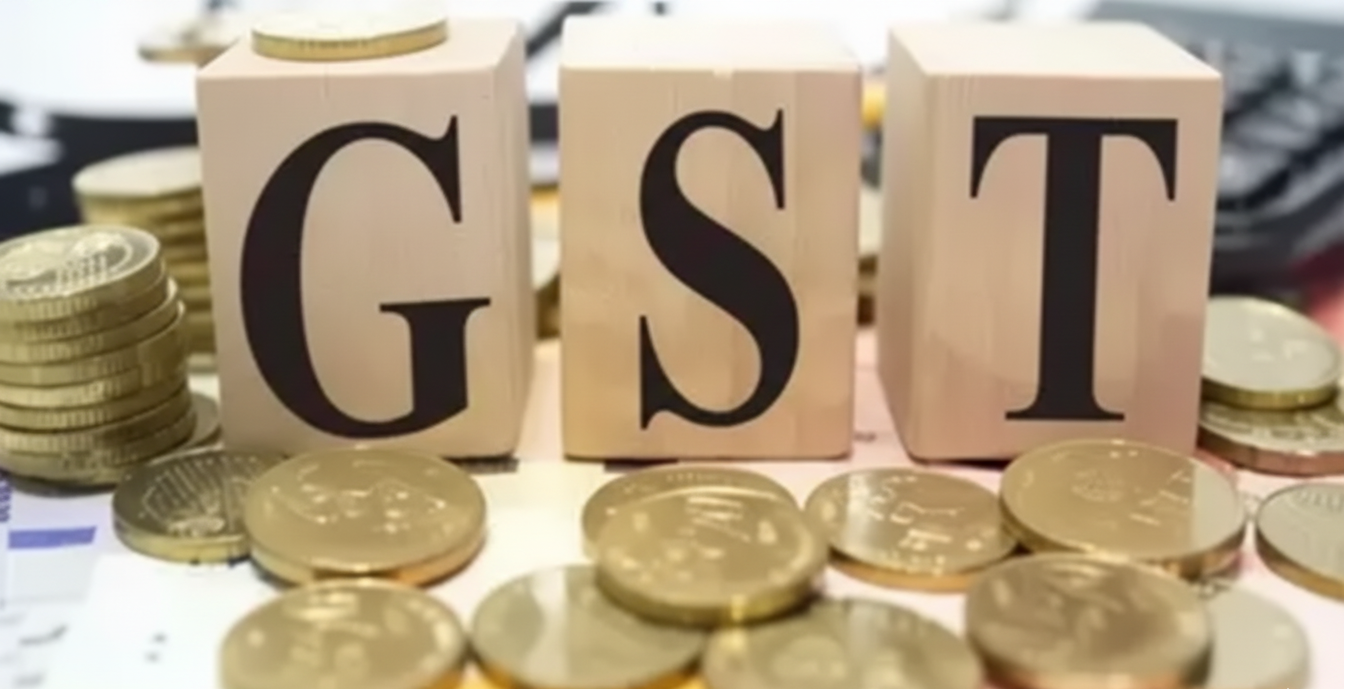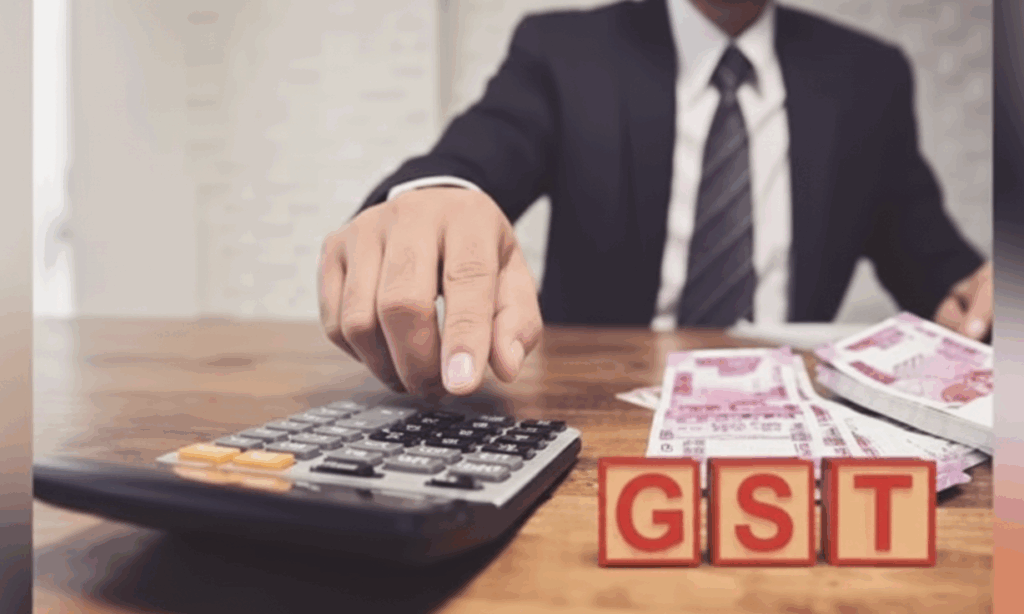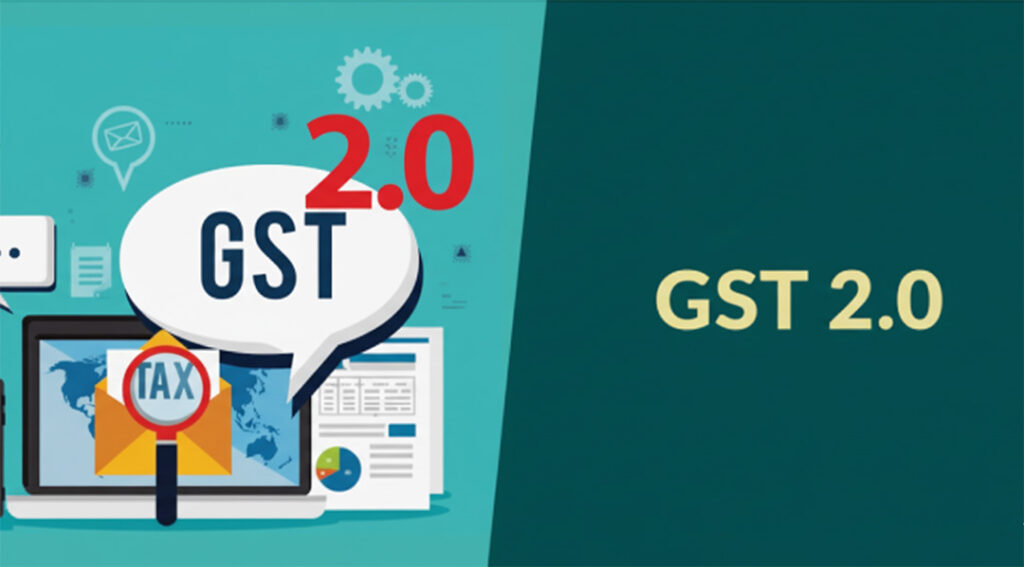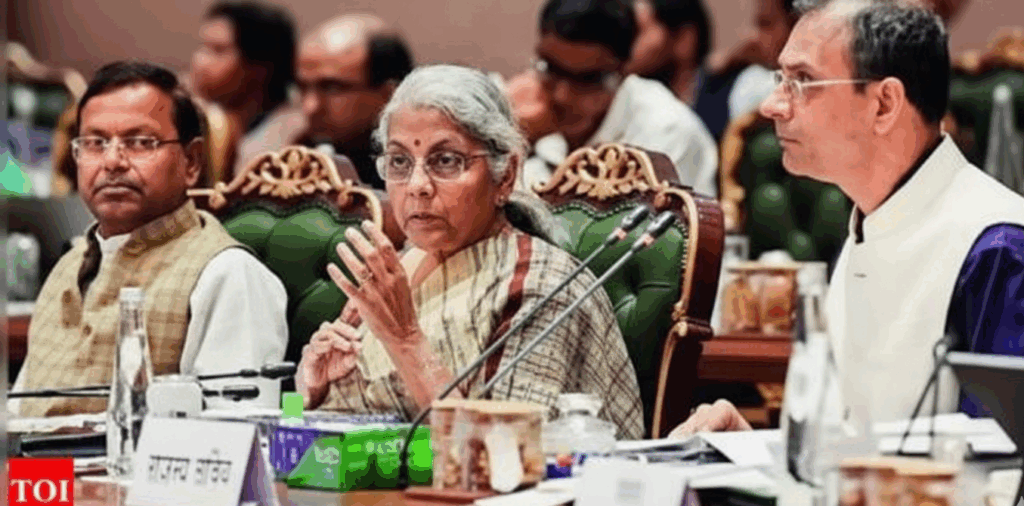GST 2.0 Reforms: Could Anti-Profiteering Provisions See a Comeback?
- Industry Finance New Trending News
- Entrepreneurs Story
- September 20, 2025
- 252
- 9 minutes read
Synopsis
Since the GST Council is preparing to have discussion on GST 2.0 reforms, certain states are supporting strict measures to ensure customers gain advantages from GST rate cuts 2025, protecting businesses from profiteering. Moreover, the proposals involve including the consumer affairs ministry, setting an accusation redressal platform, and possibly reintroducing an anti-profiteering law for a restricted time with fines.

Recently, India declared GST 2.0 reforms within the GST law that covered rationalizing the rate structure of GST. During 2017, the introduction of the GST law resulted into a major minimization into the tax burden on most of the products and services. In order to put off businesses from pinching the advantages of minimized taxes, the Government familiarized the anti-profiteering provisions that mandated the industry to pass on the advantages of minimized rates to the ultimate customers. Hence, the provisions stayed perpetually disputed and majorly impacted the FMCG along with the construction firms within India.
With this, the Goods and Services Tax Council is all set to have a conversation on the far-reaching GST 2.0 reforms planned by the central government. A few states have made a case for stringent requirements to ensure that the rate-deduction benefits are passed on to customers and are not lost to businesses before the anti-profiteering authority.
The argument that surrounded the destruction of the stipulation majorly focused on the lack of a consistent technique for judging anti-profiteering. GST 2.0 is regarded as a move that indicates a potential comeback of the regulatory framework, which was dissolved during 2022, and incorporated with the Competition Commission of India (CCI).
The GST council approved the analysis of CCI and shifted oversight momentarily towards the newly constituted GST Appellate Tribunal (GSTAT) Principal Bench within Delhi from October 2024.

With this, the government has currently proposed to minimize the present four slabs to just two major ones:
- 5% Standard Rate for daily-use products and essentials.
- 18% Merit rate for majority of the other services and products.
The 28% tax slab rationalization will be eradicated, whereas a novel 40% rate will apply only to luxury and sin products as per Consumer Welfare Fund.
It can be said that with the current plans to refurbish the GST rate rationalization are underway, with possibly lower and rationalized slabs anticipated. This makes the government to assure that customers gain direct advantages.
Currently, only competitive burden is anticipated to drop down the prices. This is considered to be a mechanism which is argued by experts to be insufficient. Along with this, backlog on cases indicates that without a devoted body, enforcement weakens and organizations might feel less pressure to adhere.
The GST Appellate Tribunal endures to hear ongoing cases. Here the challenge lies into prominent and appropriate equilibrium in developing a persuasive restraint against profiteering while avoiding tremendous regulatory pressures along with protracted proceedings for business organizations.
Timeline of anti-profiteering within India is presented below:
- July 1, 2017: GST Act was introduced.
- November 28, 2022: NAA was developed
- December 1, 2022: NAA dissolved; oversight moved towards CCI
- October1, 2024: GSTAT starts hearing profiteering disputes
- April 1, 2025: Sunset date for novel profiteering complaints
The well-known Judicial case of Reckitt Benckiser India Pvt. Ltd. v. UOI [W.P.(C) No. 7743 of 2019 and oths. Order dated 29th January, 2024, states that as proposed under GST 2.0, customers should obtain the full advantage of GST rate minimization.

Practical examples on anti-profiteering
Example 1: Minimization of tax rate
- Restaurants: Prior to the introduction of GST, eating out involved a collective tax of around 20.5%. However, after GST, majority of the standalone restaurants charge approximately 5% GST without ITC. With this, the restaurants situated inside hotels with room tariffs of approximately 7,500 or more each day should charge 18% GST with ITC. While, the hotels having inferior tariffs might choose for either 5% without ITC or 18% with ITC for their restaurant services.
- App-based taxis: If the GST rate on cab rides is minimized by 1%, the aggregators must minimize the fares accordingly.
- FMCG products: If the GST rate on a good is minimized, the retailer or the producer should revise the MRP downward. Thus, not doing so is termed profiteering.
Example 2: When a cost upsurge is justified
- Domestic LPG: If a good such as LPG, exempt earlier, becomes taxable under GST, a increase in costs is being justified and not determined to be profiteering.
Ways to complain regarding anti-profiteering
- Customers could lodge complaints with the State Screening Committees or the Standing Committee.
- The complaints should involve evidence that GST benefits have not been passed on.
- From October 1, 2024 the GSTAT manages the cases related to anti-profiteering.
- Complaints could be submitted online through the designated authorities or the official GST portal.
Ways to file an anti-profiteering compliant
- Who can file?: Any stakeholder or customer.
- Where to file?: With GSTAT, the Standing Committee or the State Screening Committee.
- Evidence needed: Interactions with suppliers, price lists, invoices and so on.
Techniques to recognize profiteering
The NAA compares the post and pre GST costs, cost structures or profit margins in order to demonstrate if the businesses have passed on benefits associated with tax. Another major technique is investigations might involve ITC claims, cost sheets and invoices. In case, if the profiteering is being set, than the authority could order the reductions into price, cancel of the GST registration or refunds with fines or interest.

Section 74 of the CGST Act deals with the cases of tax which are short paid or unpaid because of concealment of facts, stubborn misstatement or fraud.









